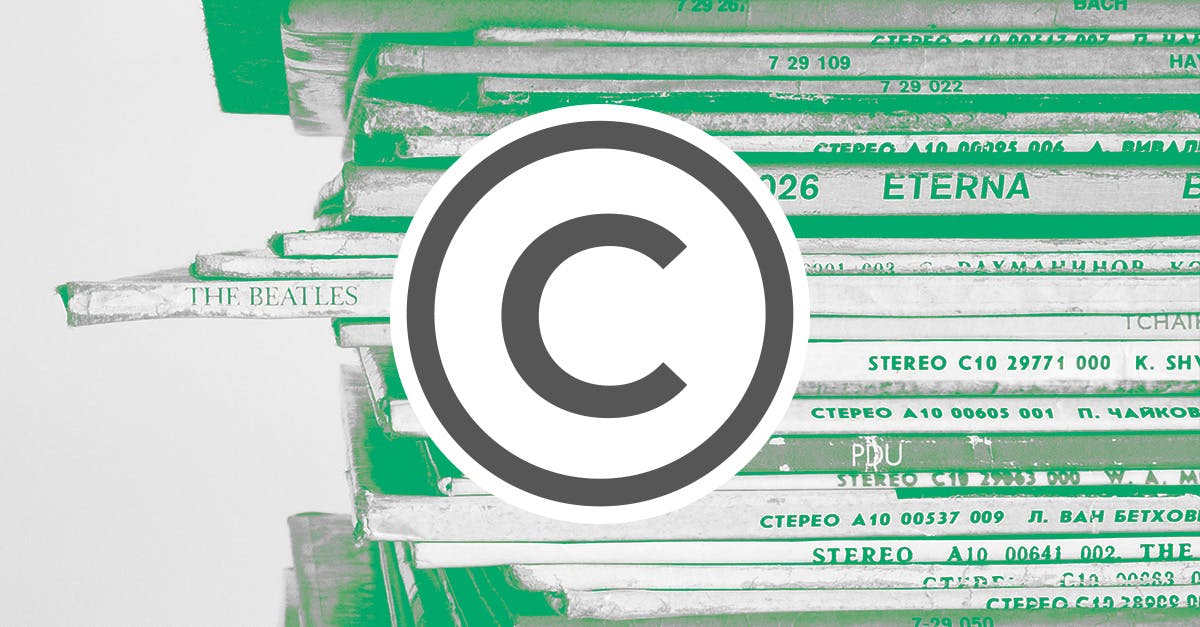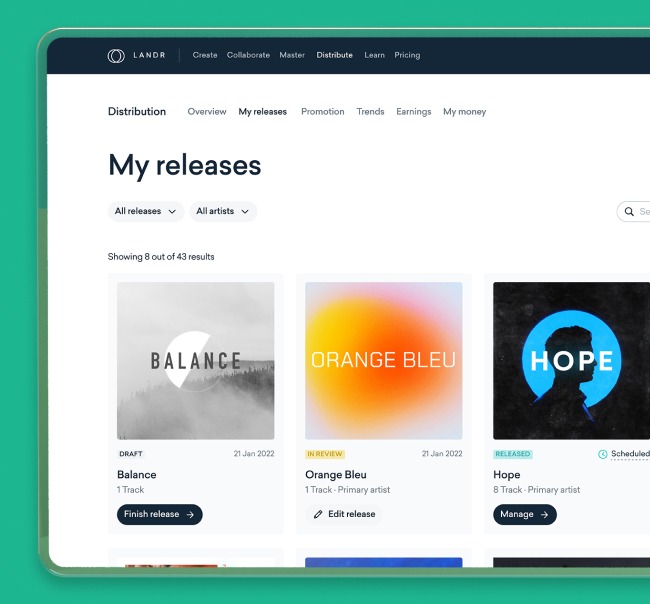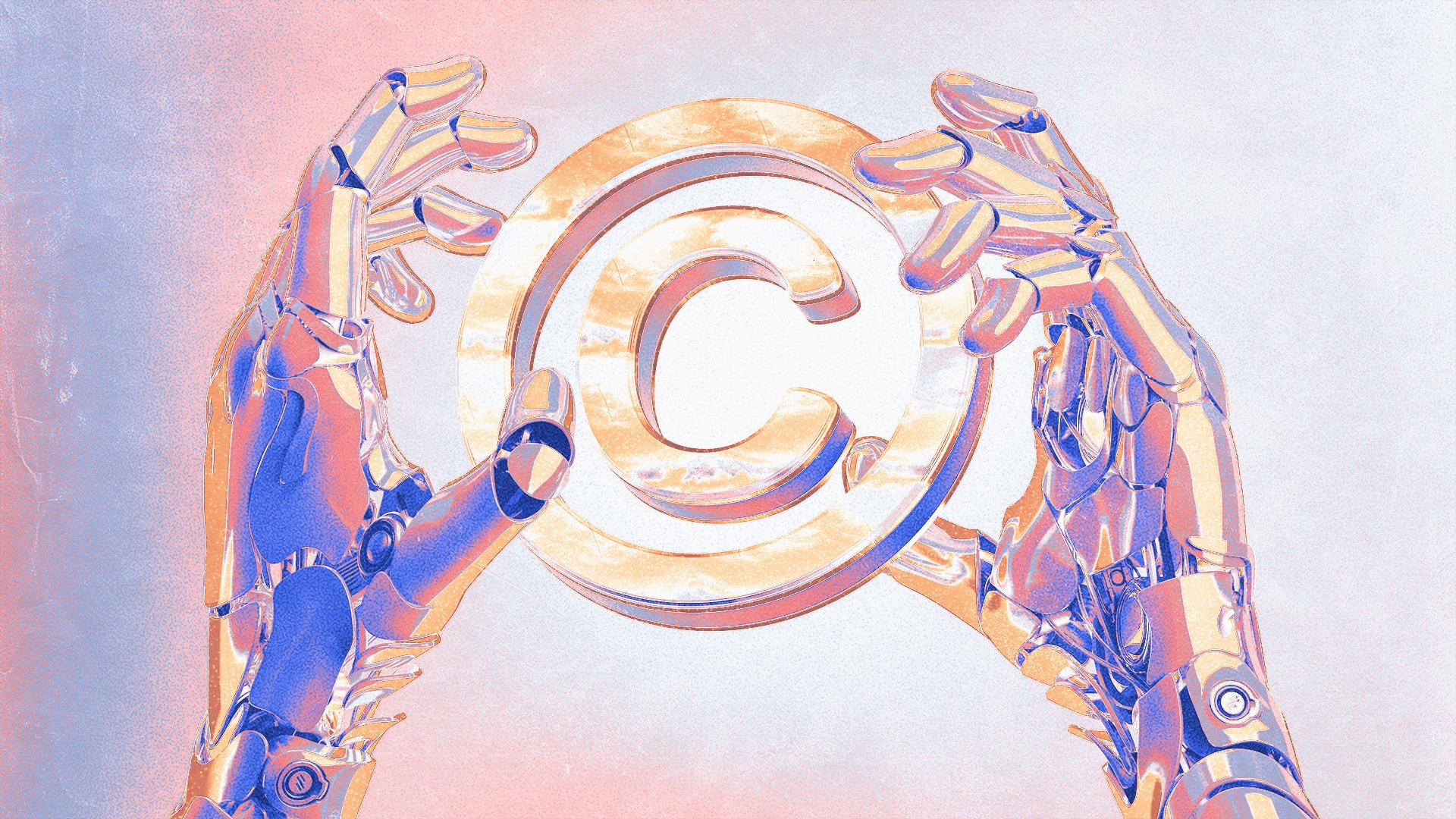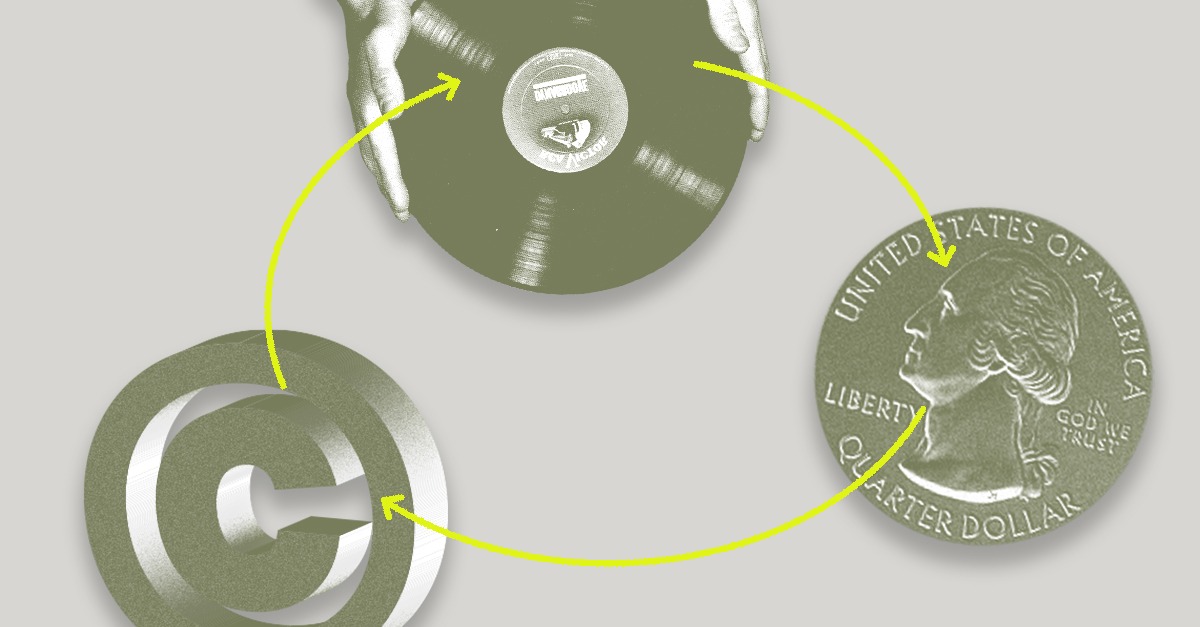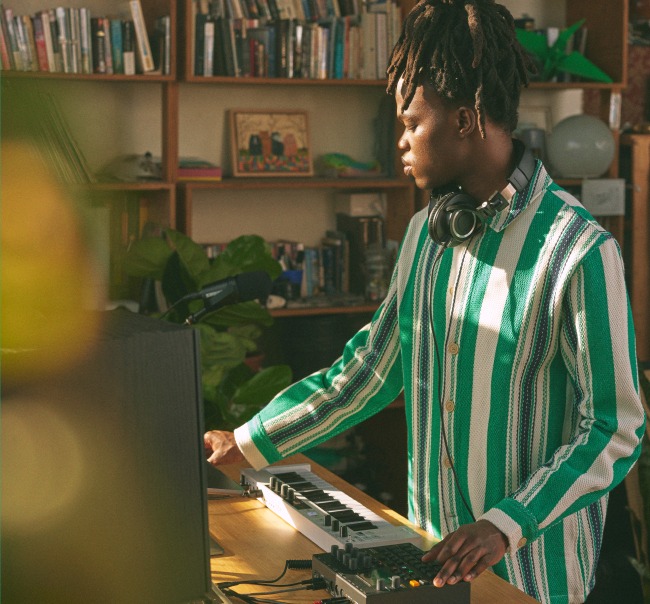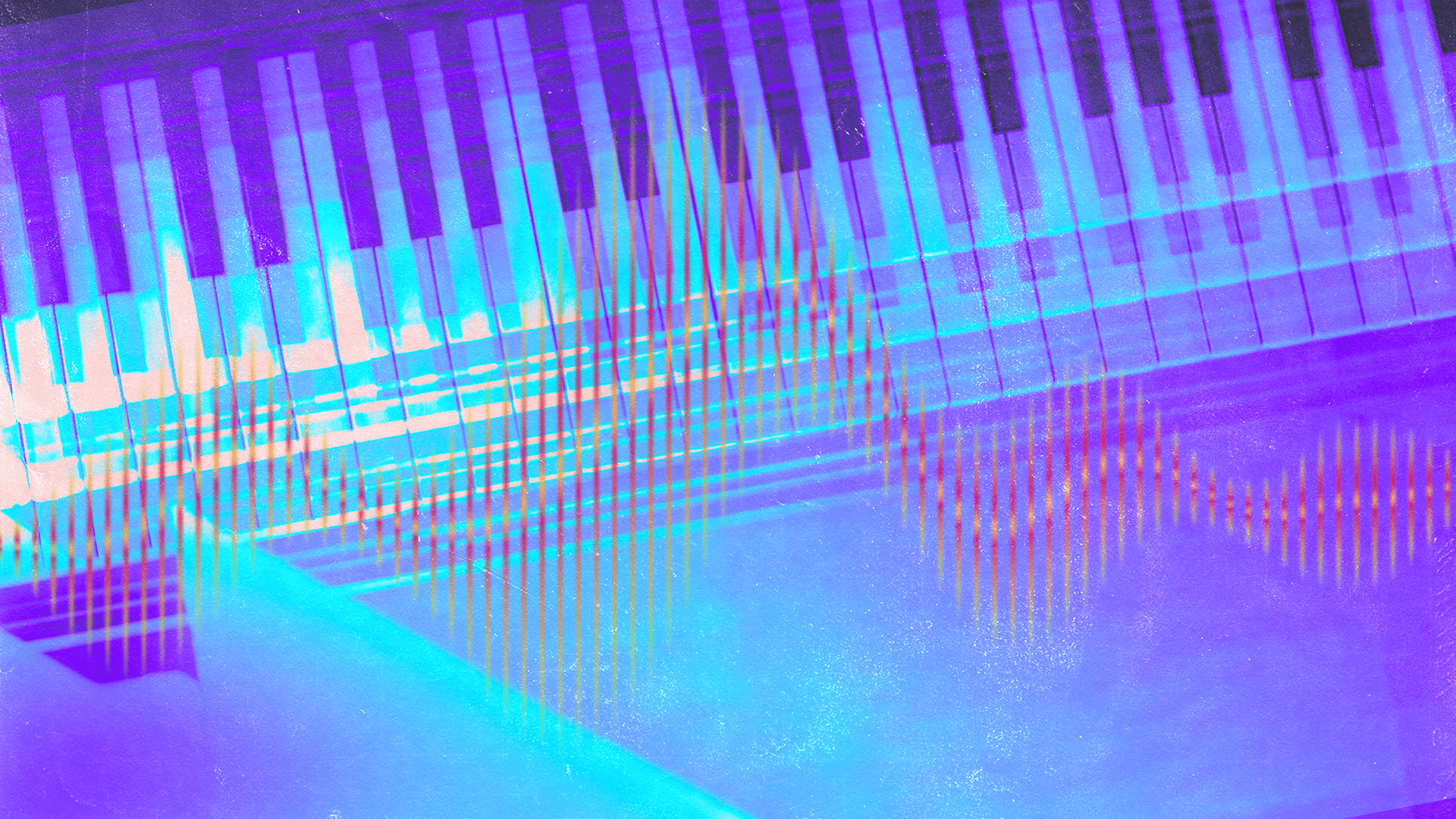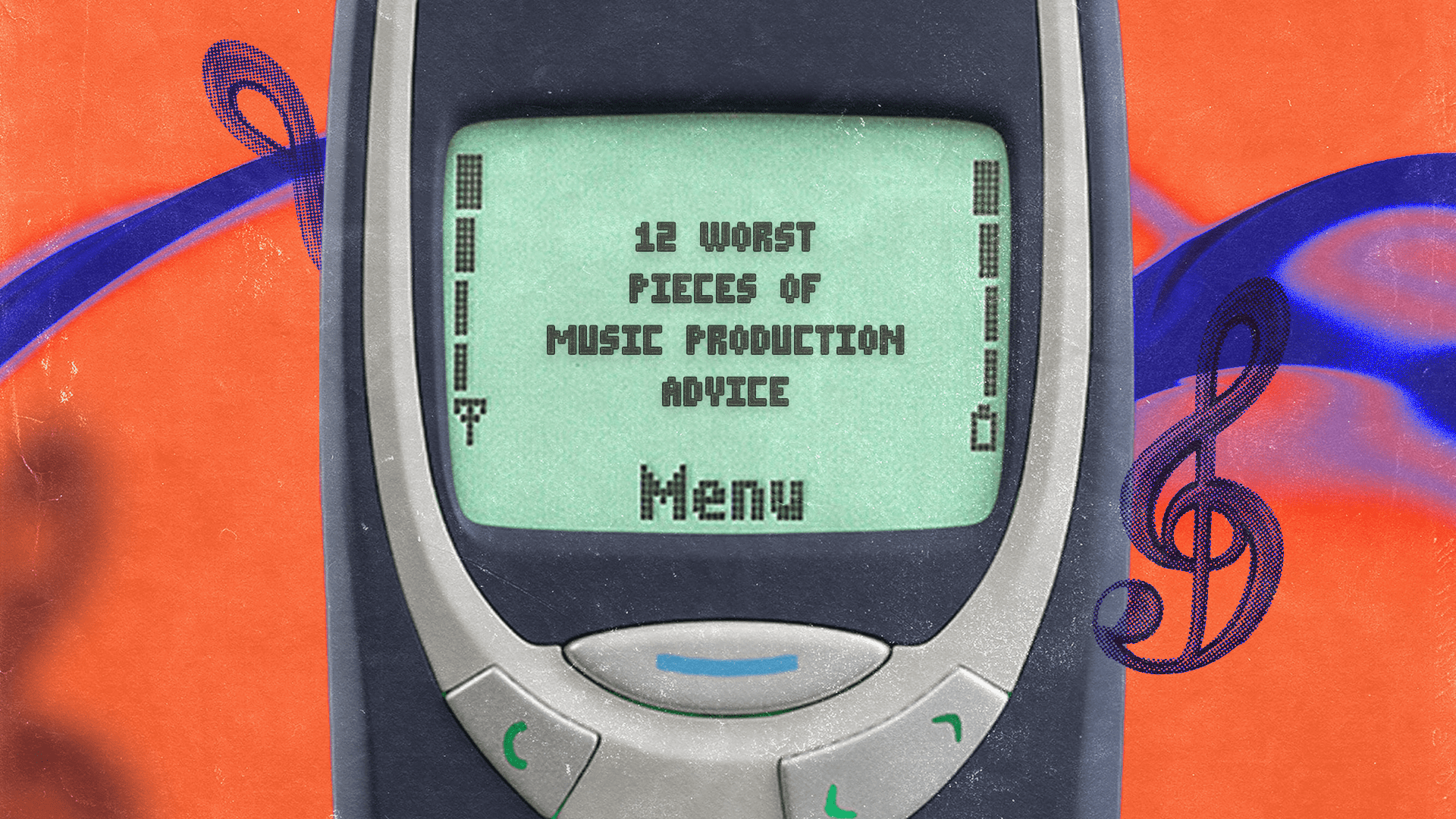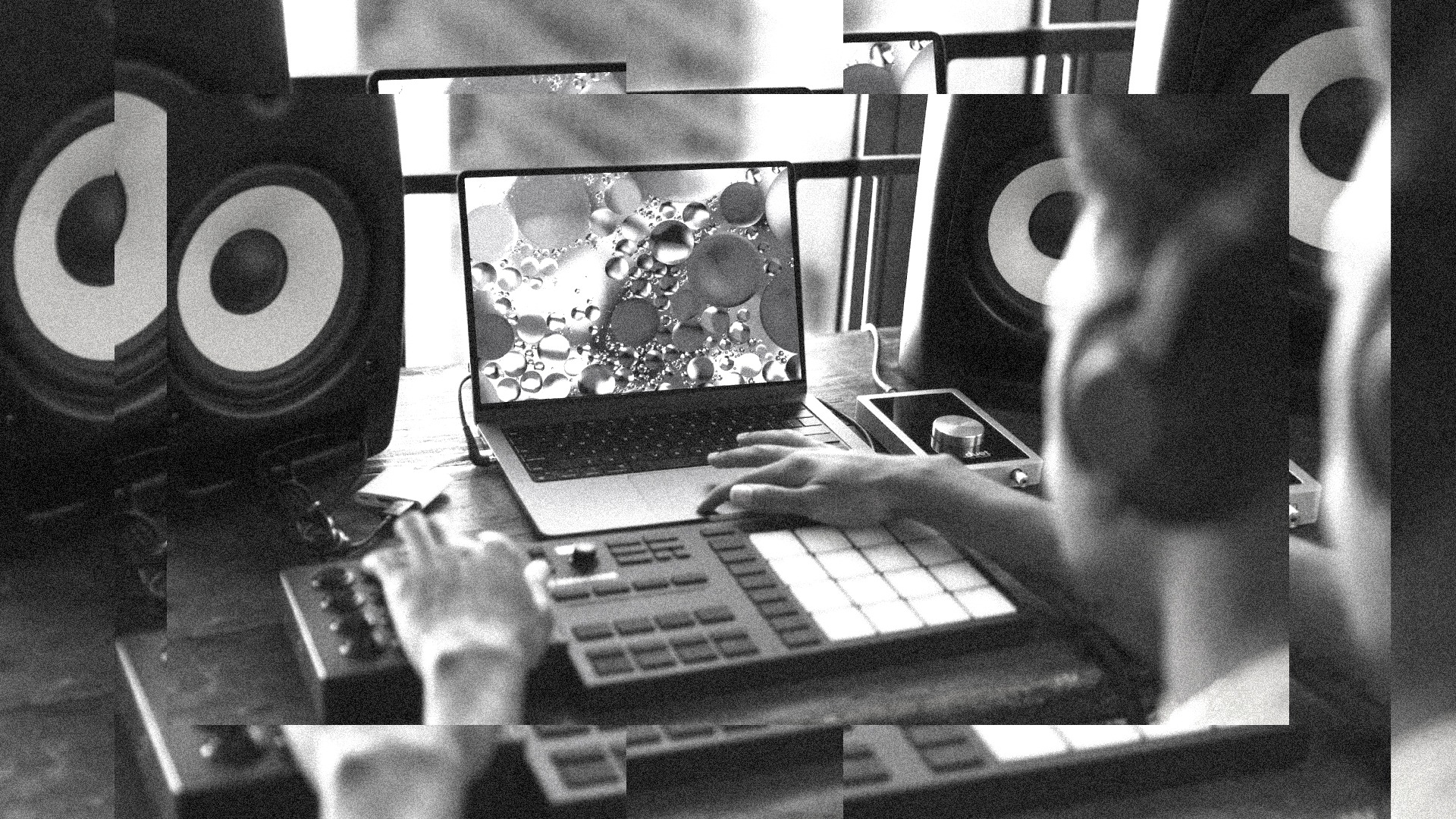
What is music publishing?

When it comes to earning royalties, music publishing is an essential topic for independent artists to understand.
Music publishing, however, be a bit tricky to figure out.
Our guide breaks it down in simple terms, and by the end, you’ll know whether or not a music publishing deal is right for you.
Ready? Let’s dive in.
Table of Contents
- What is music publishing?
- Music copyright essentials
- What is a music publishing deal?
- Do I need a music publishing deal?
- Songwriter royalties in music publishing
- Collecting societies in music publishing
- How are publishing royalties calculated?
- How are publishing royalties split?
- Is a music publishing deal worth it?
Note: This article is for informational purposes only and is not to be taken as legal advice.
What is music publishing?
Music publishing might sound complex, but it’s really about helping songwriters earn money from their music. Imagine you write a song. Every time someone plays your song on the radio, uses it in a TV show, or performs it publicly, you should get paid. That’s where music publishers come in.
A music publisher‘s job is to make sure that songwriters get paid whenever their music is used. They handle the rights to your song, which means they keep track of where and how your music is being used and collect money from those who use it. Then, they pay you your share of the earnings.
Think of music publishers like agents for your songs. They work on your behalf and, in return, they take a small part of the earnings as a fee for their services. Companies like Sony Music Publishing and Kobalt are examples of music publishers.
Whether you’re just starting out or you’ve been writing songs for a while, it’s important to know if having a publisher is worth it for you. They do take a fee, but they also handle a lot of complicated tasks that can help you earn money from your music.
Now, let’s start from the beginning and understand the basics of music copyright before diving deeper into how music publishing works.
Music copyright essentials
Music copyright is a way to protect and earn money from music, and it’s divided into two main parts: compositions and master recordings.
- Compositions: This is all about the music itself—the melodies, rhythms, lyrics, and overall structure. Think of it as the blueprint of a song.
- Master recordings: This refers to the actual recordings of songs—the final product you hear on the radio, in a movie, or on a streaming service.
Here’s a visual guide to understanding these concepts better:
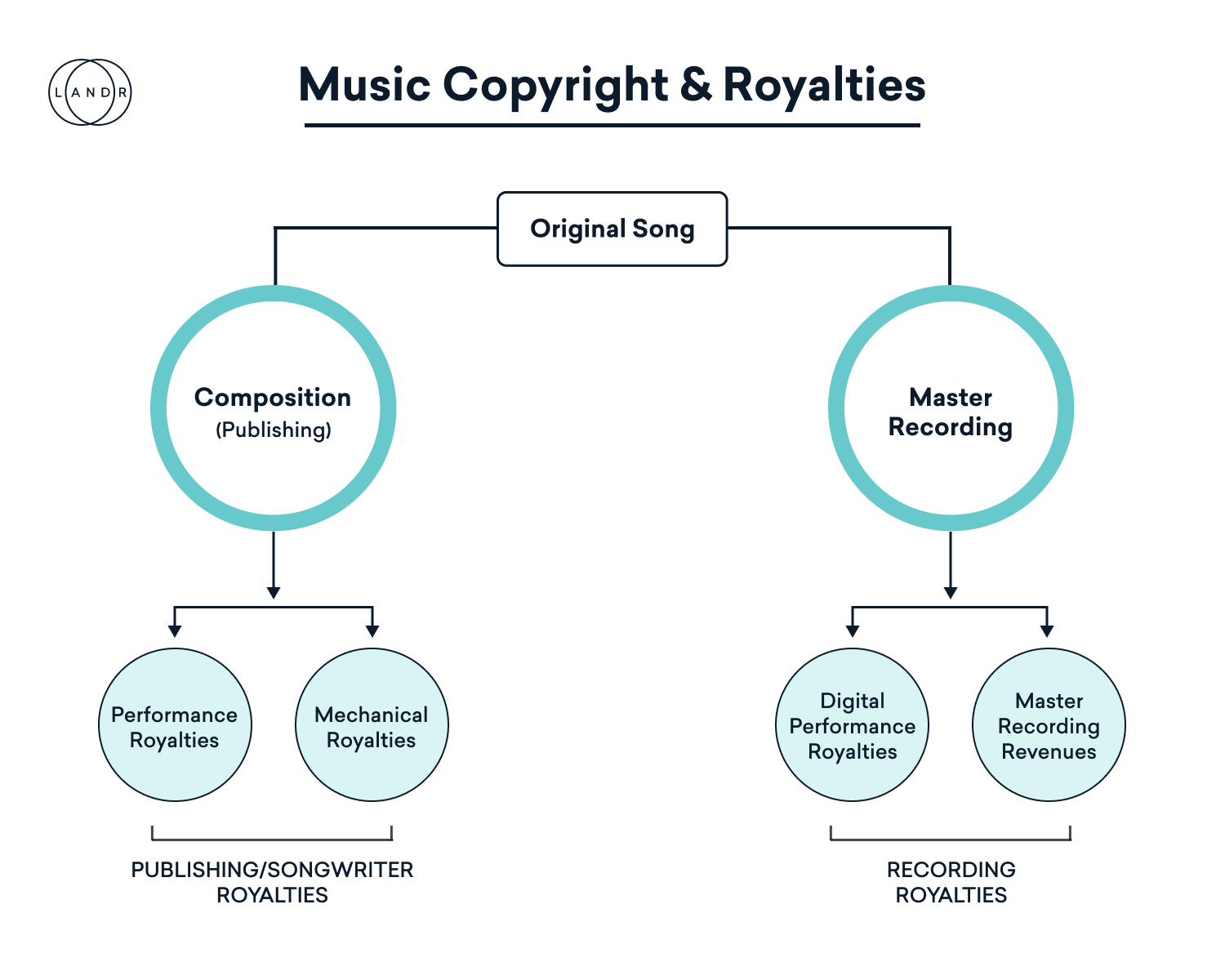
A basic overview of the main types of music copyright and royalties.
Click here for full size.
Key Terms:
- Songwriter(s): The creators of music compositions.
- Music Composition: Includes structure, melody, harmonies, rhythm, and lyrics of a song.
- Composition/Publishing Rights: The rights that songwriters and music publishers have over the compositions.
- Publishing/Songwriter Royalties: The money paid to songwriters and publishers when a composition is used.
- Collecting Societies: Organizations that collect money from those who use music and then pay the songwriters and publishers.
Master Recordings:
- Master Recording: The final recording of a song.
- Recording Artist(s): The performers who are heard in these recordings.
- Master/Recording Rights: The rights held by recording artists and others who own the recordings.
- Recording Royalties: The money paid to recording artists and labels when a recording is used.
Important: Music publishers manage the rights and royalties related to compositions—not master recordings. This article will focus on the rights related to compositions and the deals songwriters can enter with publishers.
Now, let’s explore more about music publishing deals and how they benefit songwriters.
What is a music publishing deal?
A music publishing deal is an agreement between you, the songwriter, and a company that helps you make money from your music. This deal specifies who owns the rights to your music and how the money (known as royalties) will be divided when your music is used.
There are primarily two types of music publishing deals you might encounter:
Co-publishing deals: These are popular among songwriters whose music is widely played and recognized. In this arrangement, both you and the publisher have ownership stakes in the music rights and share the royalties generated.
Administration deals: These are more straightforward and suitable for emerging songwriters who may not need complex services. In an admin deal, the publisher doesn’t own any part of your music. Their role is to handle the collection and management of royalties, ensuring you get paid for your work.
Each type of deal has its benefits, depending on your needs and where you are in your music career. Here’s a visual breakdown of the differences between co-publishing and administration deals:
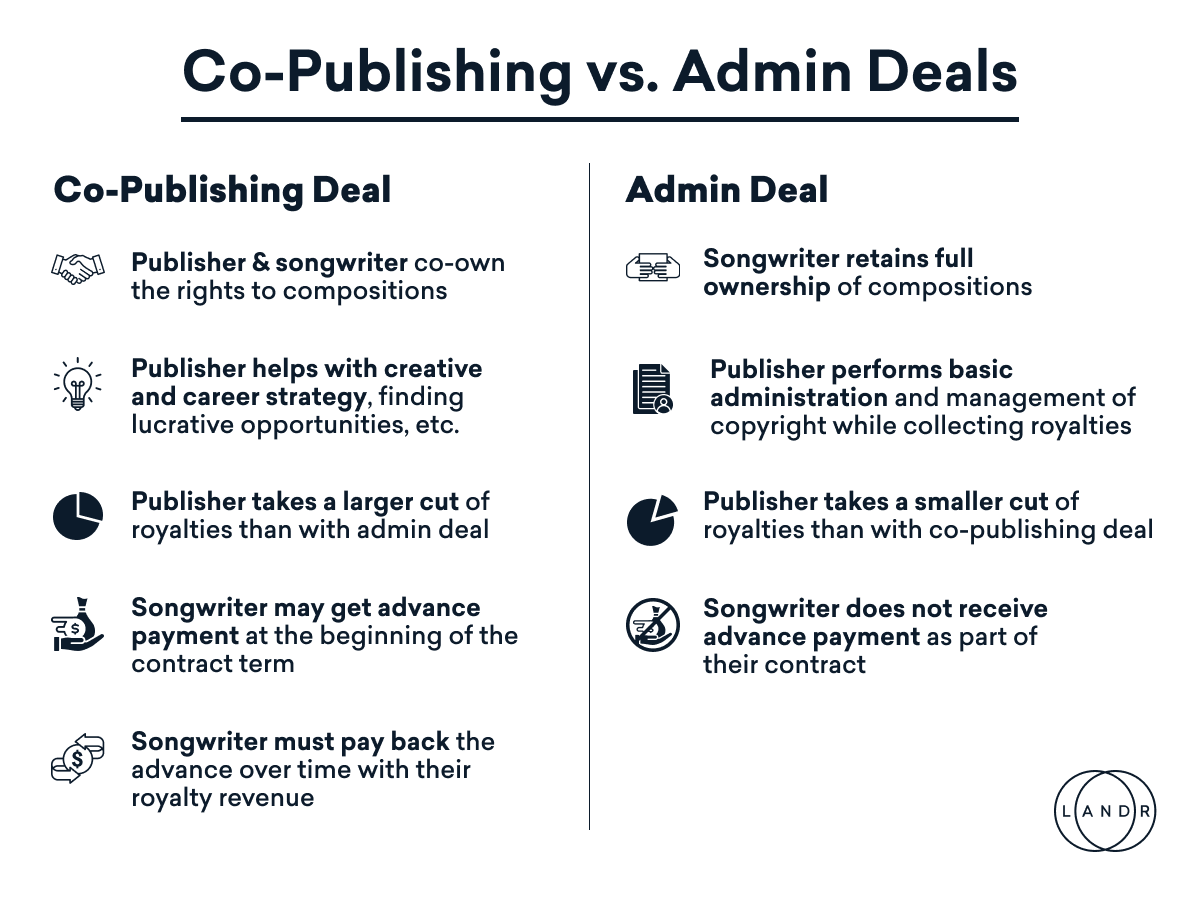
A basic comparison between co-publishing deals and admin deals.
Click here for full size.
Understanding these deals can help you make informed decisions about how to manage your music rights and earnings effectively.
Do I need a music publishing deal?
In the traditional music industry, established artists often share ownership of their songs with a music publisher, while a record label owns their recordings. This setup allows artists to focus on creating music while professionals handle the business side, in exchange for a portion of the profits.
However, it’s increasingly common for artists to take complete control of their music by writing, producing, and releasing it independently. Doing this allows you to:
- Release your music independently through a digital distributor.
- Retain full ownership of both your compositions and master recordings.
- Collect recording royalties directly from your distributor.
- Collect publishing royalties straight from collecting societies.
Managing your rights and royalties directly can mean more work, but it also lets you keep a larger portion of your earnings by eliminating the middleman.
If you consider getting a publishing deal, remember never to pay anyone upfront for collecting and managing your royalties and copyrights. The services offered by a music publisher should be compensated only through a commission on the royalties you earn.
Let’s zoom in a little bit deeper into the details of publishing and songwriter royalties. For artists looking to distribute their music widely, LANDR Distribution offers a platform for fast releases to over 150 streaming platforms, with promotional tools and continuous support, all without hidden fees.
Songwriter royalties in music publishing
Songwriter royalties are essential in music publishing, and they mainly come in two types: performance royalties and mechanical royalties.
- Performance Royalties: These are earned every time your music is played in public—whether it’s performed live, played on the radio, in a restaurant, or streamed online.
- Mechanical Royalties: These royalties are collected whenever your music is reproduced, whether digitally (like downloads or streams) or physically (like CDs and vinyl records).
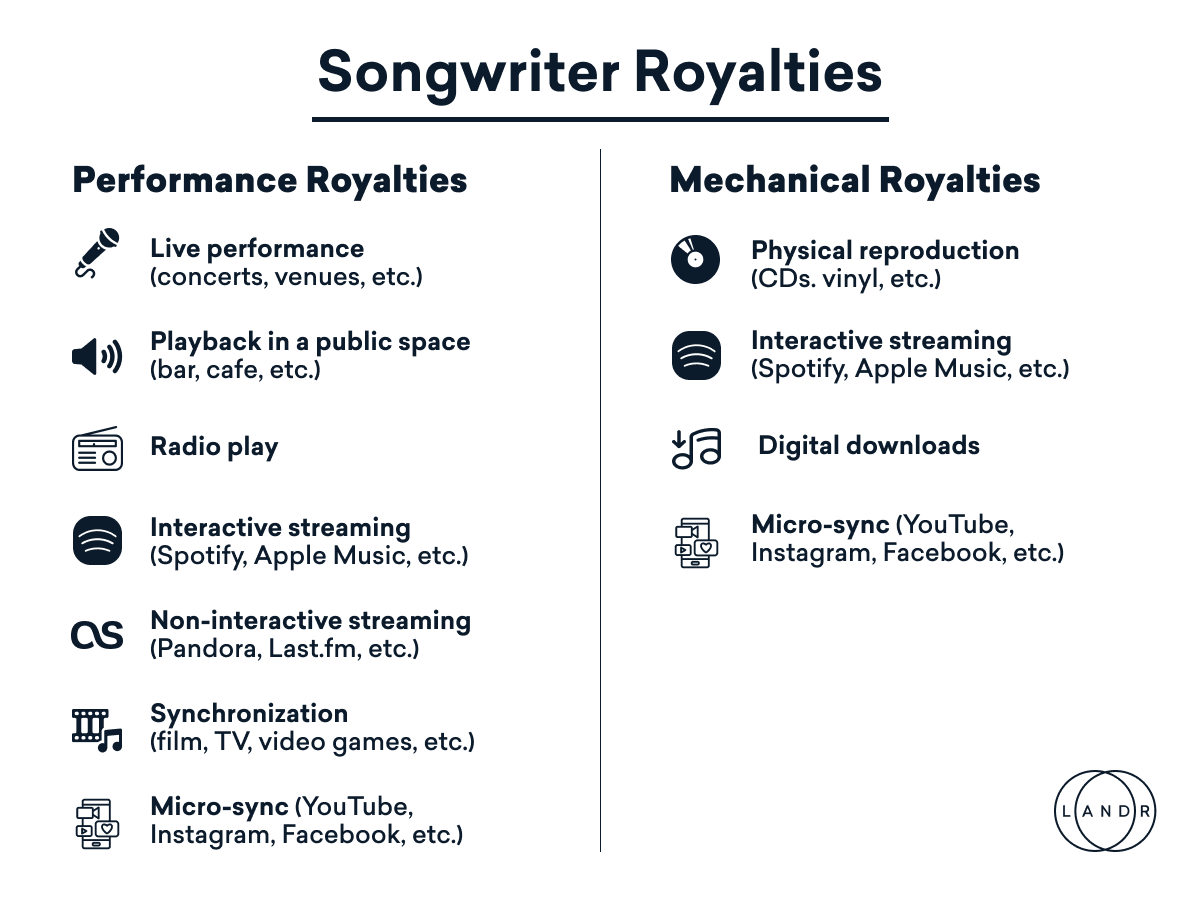
Click here for full size.
Despite the term “mechanical,” these royalties are actually part of the publishing rights, not the recording rights.
In addition to these, when your music is used in TV shows, films, advertisements, or video games, you earn what’s called sync royalties. These are a type of performance royalty. Sync royalties accumulate over time as the content that features your music is broadcast or streamed, and this is on top of an upfront licensing fee that you receive when your music is first licensed.
A special mention goes to micro-sync royalties, which come from platforms like YouTube and TikTok when your music accompanies videos on these platforms.
Remember, sync royalties and their micro version are different from recording royalties, which are usually managed by record labels or distributors.
Collecting societies in music publishing
Collecting societies are like the guardians of music rights, ensuring that songwriters and publishers get paid for their music. These organizations come in three main types:
Performing Rights Organizations (PROs): These are specific to the United States and Canada and focus on managing performance rights and royalties. This means they collect money whenever your music is played in public—like on radio, in concerts, or streamed online. Examples include ASCAP, BMI, SESAC, and SOCAN.
Collective Management Organizations (CMOs): These are similar to PROs but are found outside the US and Canada. They handle the same responsibilities—collecting and distributing royalties for public performances. Examples are GEMA in Germany, SACEM in France, and PRS for Music in the UK.
Mechanical Rights Organizations (MROs): These groups specifically manage mechanical rights and royalties, which are related to the physical or digital reproduction of your music. In the U.S., examples include the Harry Fox Agency and Music Reports.
In 2021, the U.S. Copyright Office also introduced the Mechanical Licensing Collective (MLC). This is essentially an MRO that specializes in collecting publishing royalties from streaming and digital downloads in the United States.
Now that you know more about these organizations and their roles, you might be wondering how this affects you and your music…
How are publishing royalties calculated?
Understanding how royalties are calculated in the music industry can seem overwhelming, but here’s a basic breakdown:
Performance Royalties:
These are determined by collecting societies, who each use their own specific formulas. The calculations can get complex, incorporating a variety of factors such as the type of usage, the venue size, and the frequency of the song’s play. Each collecting society in different countries may have a slightly different approach based on local music usage and laws.
Mechanical Royalties:
The calculation for these royalties depends on several elements:
- Format of the music: Whether it’s a physical copy like a CD or vinyl, or a digital download or stream.
- Calculation formula: This can vary depending on agreements and local laws.
- Regional legal factors: Different countries have different copyright laws, which can affect how much you earn from each song play or sale.
Sync Royalties:
These are usually calculated based on:
- Usage duration: How long your song is played in a film, TV show, commercial, or video game.
- Value of the song to the licensor: How important your song is to the overall project.
- Value of the placement to you, the songwriter: This includes promotional benefits and exposure.
- Terms of the negotiated agreement: Every sync deal is different, and the specifics of the contract will greatly influence the royalty rate.
As a songwriter, it’s also crucial to understand how the split of royalties works with a music publisher. Typically, publishers take a percentage of the royalties as a fee for their services in promoting, managing, and licensing your music. This percentage can vary, but knowing the details of how royalties are calculated and distributed will help you make informed decisions about your music career.
How are publishing royalties split?
If the songwriter has a publishing deal, the exact percentages will vary depending on the nature of the deal.
Here’s a basic overview of how royalties flow from collecting societies to songwriters and publishers:
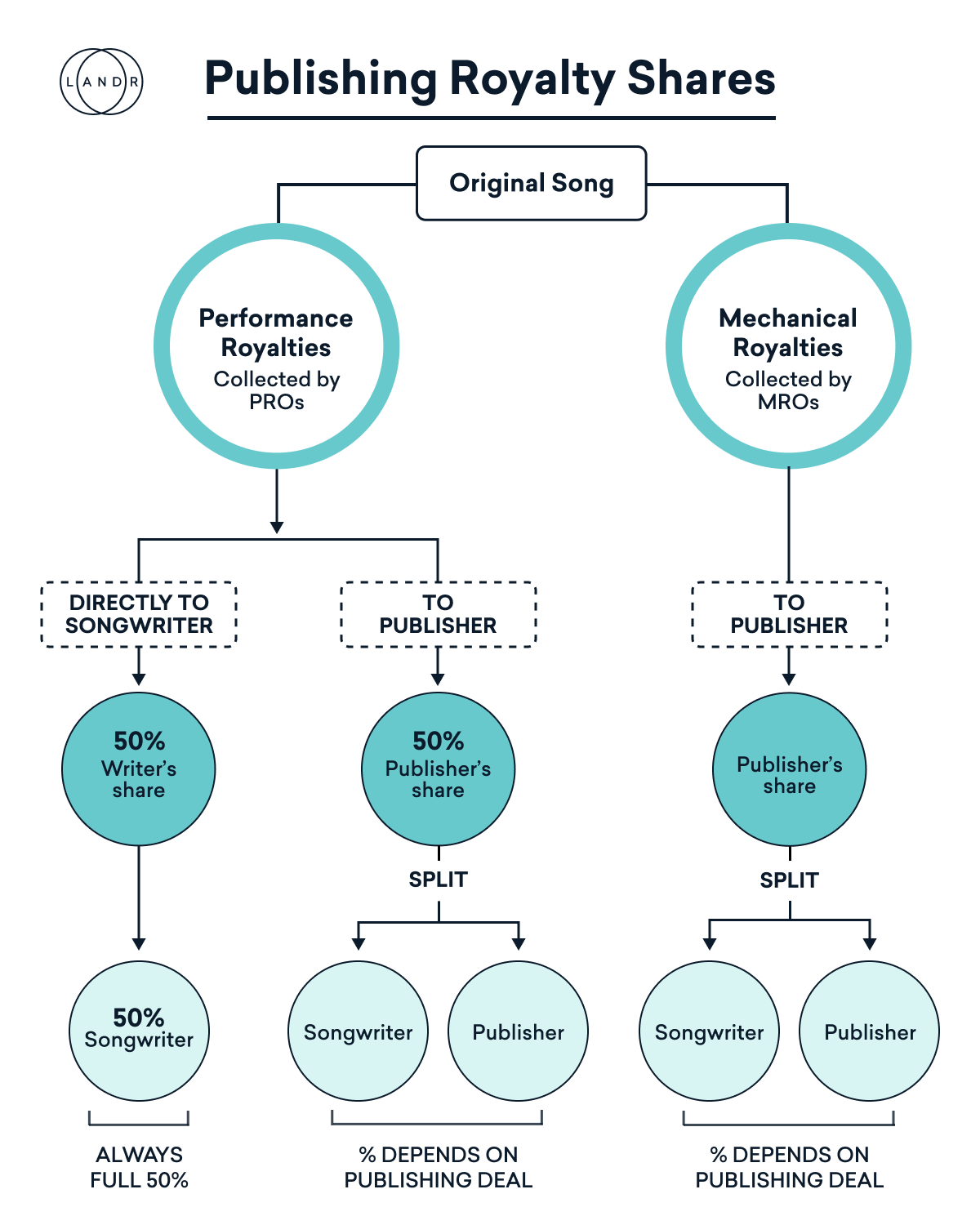
Click here for full size.
In a standard co-publishing deal, the publisher might take 25% of all royalties while the songwriter keeps 75%.
In a standard admin deal, the publisher might take around 10-20% of all royalties while the songwriter keeps the rest.
One thing, however, never changes — the songwriter always collects at least 50% of performance royalties. This writer’s share is not touched by the publisher.
Finally, if the songwriter does not have a publishing deal, they are essentially considered to be self-published.
They can therefore directly collect 100% of both writer and publisher shares of both performance and mechanical royalties.
Now that we’ve gotten a lot of technical mumbo jumbo on the table, let’s help you draw a practical conclusion.
Conclusion: Is a music publishing deal worth it?
Ultimately, a music publishing deal is only worth the cost if your music has gained enough popularity to require professional royalty collection and copyright management.
In fact, it can often be difficult to get a lucrative music publishing deal if you’re not already well-established as a songwriter.
Before you get to that point, focus on producing great music, use a distributor to self-release it and earn streaming/download royalties, and promote it consistently to build your following.
For songwriters on this path, it’s often recommended to register your music with a PRO or CMO to collect your performance royalties yourself.
Here are some examples by region:
If you’re looking for other ways to earn money from your music, LANDR has developed a new model for sharing music revenue.
We recommend looking into our Fair Trade AI Program if you’re interested. It’s a free and optional program for anyone releasing their music through LANDR Distribution.
In the meantime, keep making great music!
Gear guides, tips, tutorials, inspiration and more—delivered weekly.
Keep up with the LANDR Blog.
